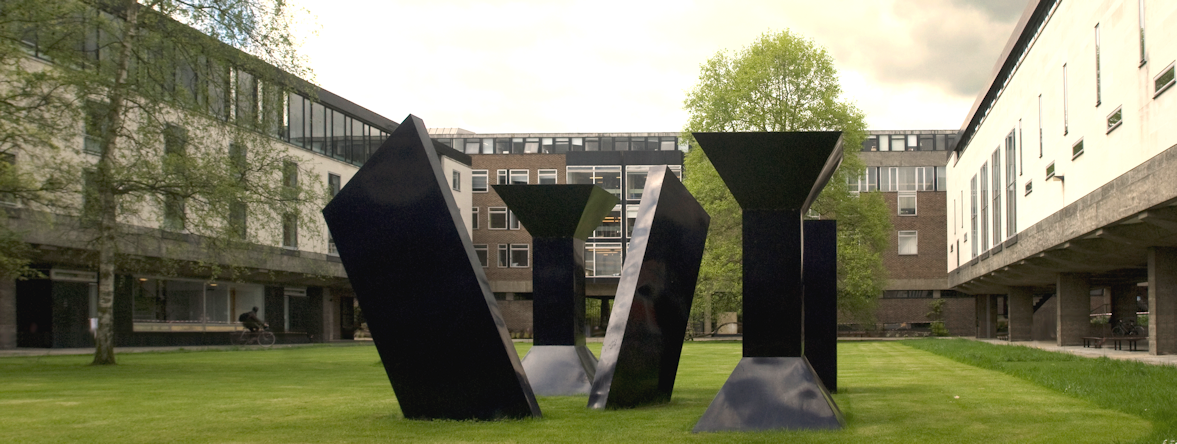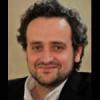The Cambridge-INET Institute was founded in 2012 to advance innovative approaches in economics, in the wake of the Global Financial Crisis. “The time was ripe for some soul searching, and to determine whether and how the profession had gone wrong,” says Vasco Carvalho, a Professor of Macroeconomics in the Faculty of Economics, and a Fellow of Jesus College.
The Institute for New Economic Thinking (or INET), a New York City–based non-profit think tank which runs a variety of affiliated programs at major universities, awarded a major grant which allowed the Faculty to investigate these issues, and others at the forefront of economics, with the research benefitting from the credibility of a well-established department with a long tradition of frontier thinking.
The Institute had three main objectives: to produce world-leading research; to invest in the next generation of economists; and to encourage collaboration both within economics and across disciplines.
Cambridge-INET provides funding for research that “pushes the frontier outwards”. There are four inter-disciplinary research groups: Networks, Crowds and Markets; Transmission Mechanisms and Economic Policy; Information, Uncertainty and Incentives; and Empirical Analysis of Financial Markets.
Professor Carvalho says “These groups are very successful, with several leading the world in their field. Indeed, the INET Working Paper Series includes 211 papers with many published in top journals. Collectively these have helped redefine the research frontier in Economics.”
He considers the Postdoctoral Research Programme to be one of the main successes of Cambridge-INET. “Young researchers are attracted by the freedom to pursue their own research interests while integrated in ambitious research groups, which is somewhat different to postdoctoral positions at other universities,” adds Professor Carvalho, who says the programme has rejuvenated many groups in the Faculty. The scheme has supported a total of 27 postdoctoral researchers. The Postdoctoral Programme has helped the Faculty build a reputation as an essential institution for postdoctoral research.
“The postdoctoral researchers take an active role in the life of the Faculty, organising seminars, reading groups and conferences. They also bridge the divide between tenured staff and PhD students. Postdoctoral researchers co-authored papers with PhD students and tenured staff alike. Once completing their post-doc, many researchers have gone on to successful careers in academia.”

The Institute has also hosted hundreds of visitors and conferences, and he says Cambridge-INET is now a hub for researchers – bringing together world-leading academics across disciplines. “Over the years, we have been able to organise a range of conferences, some small, some large, some field-defining, some exploratory and trans-disciplinary. We have had collaborators and visitors ranging from Computer Science to Psychology, from Statistics to History or Law. It has enabled new topics to be discussed by experts across fields, both within Economics and outside it. The institute provides the funding and the research infrastructure – through coordinators and dedicated admin staff - for all of this to run smoothly allowing researchers to focus on ideas and their discussion.”
Alas, the Cambridge-INET Institute will officially close in the summer when the grant expires. However, the Faculty will build upon the success of INET, by launching the new Weslie and William Janeway Institute for Economics in October, which will invest in shaping young minds, transforming economic research and disseminating frontier work at Cambridge.
“Effectively, the Janeway Institute will take the place of Cambridge-INET,” says Professor Carvalho, because the aims and objectives of the Janeway Institute will be similar, but the new Institute will benefit from being funded by an endowment rather than a grant. “A grant must deliver on what was promised at the beginning of the grant, which constrains research directions.”
Now, he comments, Research will be able to reflect key issues as they arise “By taking an endowment, it will allow us to be much more flexible and agile, reflecting both the evolving academic strengths of the Faculty and societal concerns.” As such he expects new directions to emerge organically, covering diverse issues such as “inequality, climate change, epidemics, gender, the digital economy, or the impact of automation and machine learning.”
The Janeway Institute will be primarily funded by a grant from Weslie Janeway and William Janeway. William is an alumnus of the PhD programme at Cambridge and has played an active role in the Faculty over the last decade. The Janeway Institute will also be funded by the Keynes Fund and the Cambridge Endowment for Research in Finance (CERF).
Professor Carvalho says the Faculty of Economics is seeking more partners in the new Institute. “Developing the new Institute means finding new partners and furthering the endowment to support more research and help shape the next generation of economists.”
When asked why people should contribute towards the Institute, Professor Carvalho replied; “There are not a lot of opportunities out there where you can enact change within a profession. By contributing to the Janeway Institute, you’re partnering with one of the most venerable and storied Economics departments in the world. But you’re helping it tell new stories, change the narrative and tangibly impact the research frontier in Economics.”
The official launch of the Janeway Institute is scheduled for mid-October.






